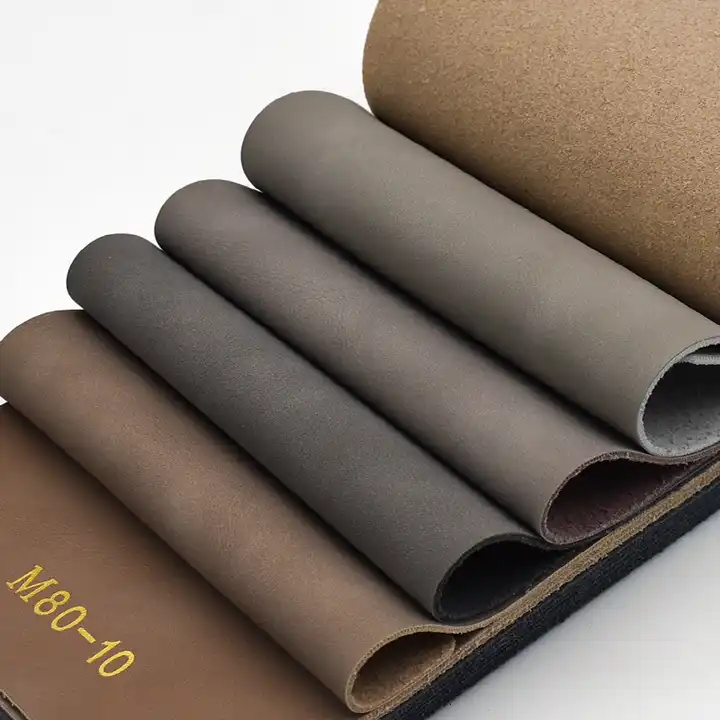Email format error
Email cannot be empty
Email already exists
6-20 characters(letters plus numbers only)
The password is inconsistent
Email format error
Email cannot be empty
Email does not exist
6-20 characters(letters plus numbers only)
The password is inconsistent

News

Leather and Suede: A Deep Dive into Two Timeless Materials
Introduction
Leather and suede are two materials that have been cherished for centuries in the world of fashion and upholstery. Known for their durability, comfort, and luxurious feel, these materials have become staples in a variety of applications, from high-end fashion to home furnishings. This blog post will explore the intricacies of leather and suede, their production processes, applications, and the factors to consider when sourcing and maintaining these materials.
What is Leather?
Leather is a natural material made from the skin of animals, typically cattle, sheep, goats, or pigs. It is produced through a process of tanning, which involves treating the rawhide with tannins to preserve it and make it more durable. Leather is valued for its strength, flexibility, and breathability, making it an ideal choice for shoes, bags, clothing, and furniture.
What is Suede?
Suede is a type of leather that is made from the underside of the animal skin, which is softer and more delicate than the outer layer. It is characterized by its velvety, napped surface, which gives it a distinctive appearance and texture. Suede is often used in high-end fashion items such as jackets, boots, and handbags, as well as in interior design for its luxurious feel and look.
Production Process
Tanning Process
The tanning process is crucial in determining the quality and characteristics of the final leather product. There are several methods of tanning, including vegetable tanning, chrome tanning, and brain tanning. Each method imparts different properties to the leather, such as water resistance, flexibility, and color.
Napping Process for Suede
Suede is created by napping the leather, which involves using abrasive wheels or machines to raise the fibers on the surface of the skin. This process creates the soft, fuzzy texture that is characteristic of suede.
Applications of Leather and Suede
Fashion Industry
Leather and suede are widely used in the fashion industry for their aesthetic appeal and durability. Leather jackets, boots, and handbags are popular choices for their timeless style and ability to withstand wear and tear. Suede is often used for its softness and luxurious appearance in items like moccasins and chic jackets.
Interior Design
In interior design, leather is used for upholstery due to its durability and comfort. Suede can be used for decorative pillows and accents, adding a touch of luxury and warmth to a space.
Automotive Industry
Leather is a popular choice for car interiors, providing a comfortable and high-end feel to the seats and dashboards. Suede can also be used for certain trims and accents to add a touch of luxury.
Factors to Consider When Sourcing Leather and Suede
Quality and Sustainability
When sourcing leather and suede, it's important to consider the quality and sustainability of the materials. Look for suppliers that use ethical tanning practices and sustainable sourcing methods to ensure the longevity and environmental friendliness of the products.
Maintenance and Care
Leather and suede require specific care to maintain their appearance and longevity. Leather should be conditioned regularly to prevent cracking, while suede should be brushed and cleaned gently to maintain its nap.
Cost and Value
The cost of leather and suede can vary widely depending on the quality and type of animal skin used. It's important to balance cost with the value that these materials bring to a product, considering factors such as durability and aesthetic appeal.
Conclusion
Leather and suede are timeless materials that offer a combination of style, comfort, and durability. Understanding their production processes, applications, and the factors to consider when sourcing these materials is crucial for anyone in the fashion, interior design, or automotive industries. By choosing high-quality, sustainably sourced leather and suede, consumers and manufacturers alike can enjoy the benefits of these luxurious materials for years to come.

